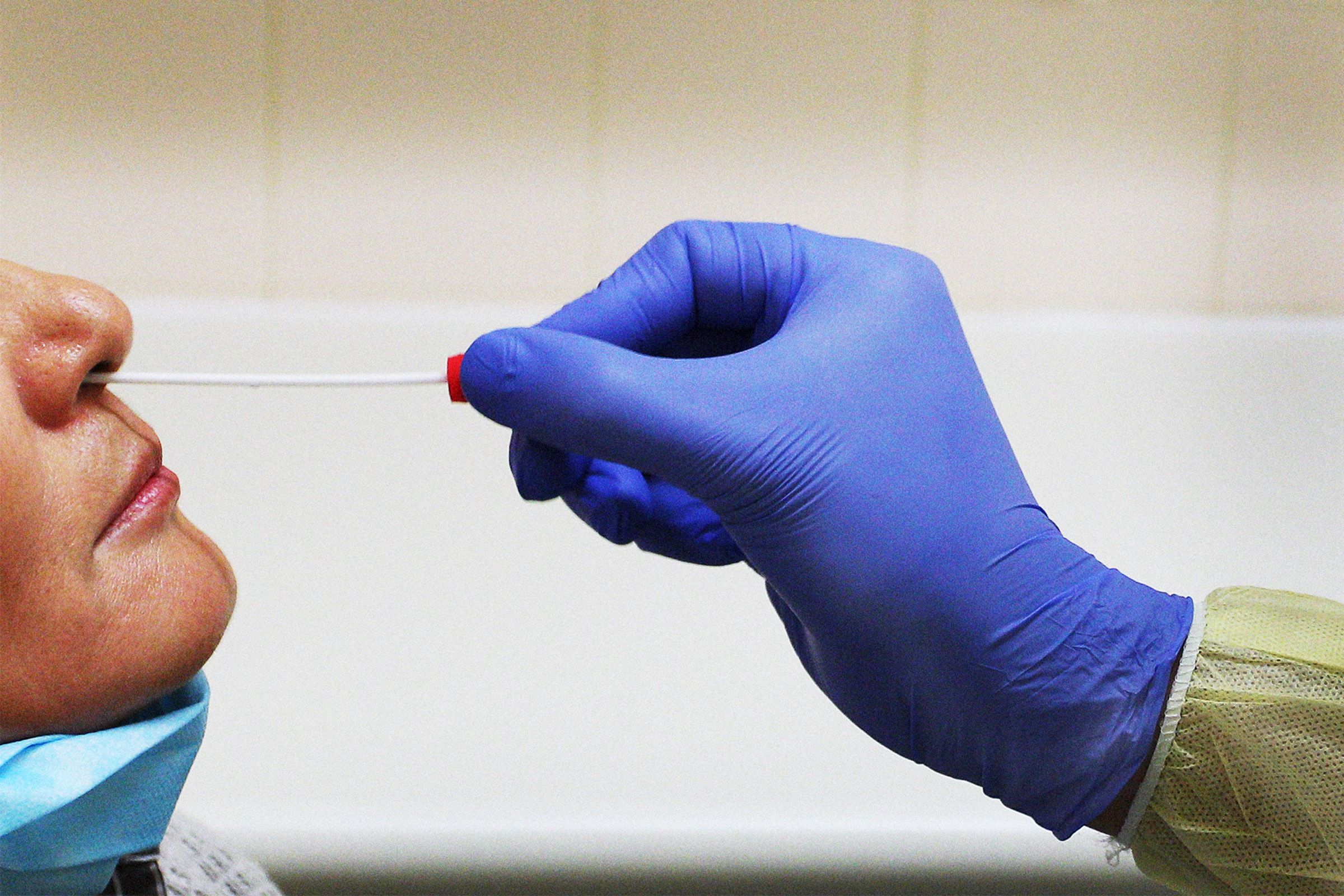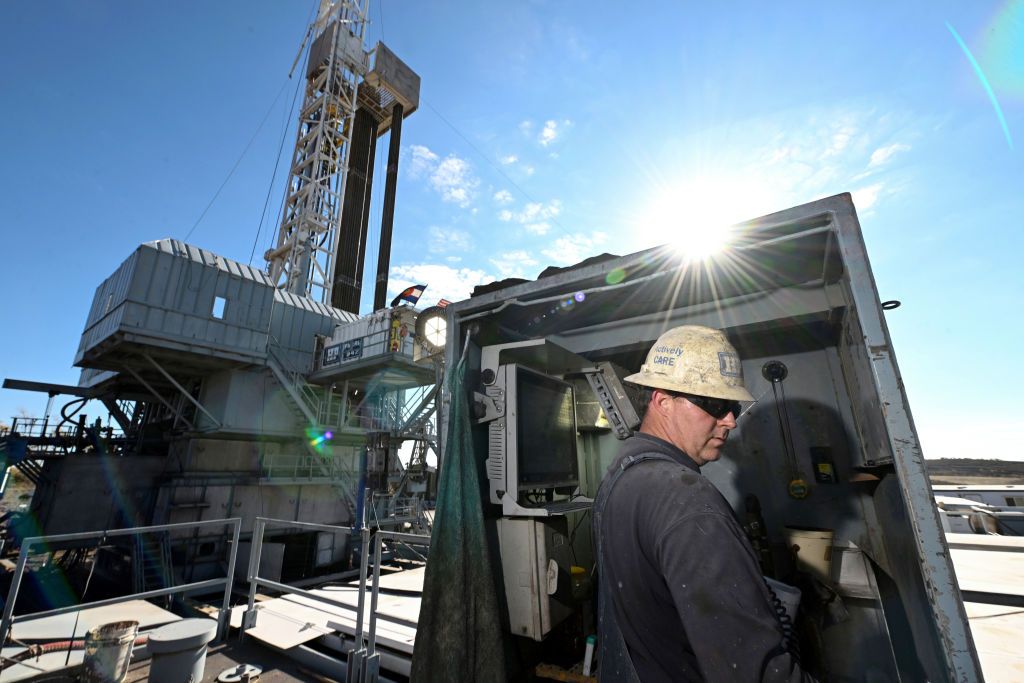The Pandemic Appears to Have Accelerated Brain Aging, Even in People Who Never Got Covid
Recent studies have shown that the stress and isolation caused by the pandemic have had a significant impact on brain health and cognitive function.
Even in individuals who never contracted Covid-19, the prolonged periods of social distancing, uncertainty, and fear have been linked to accelerated brain aging.
One study published in the journal Nature Aging found that the brains of participants who experienced high levels of stress during the pandemic showed signs of accelerated aging compared to pre-pandemic measures.
Researchers believe that the constant state of anxiety and worry brought on by the pandemic may have led to changes in brain structure and function, particularly in regions associated with emotion regulation and cognitive processing.
Furthermore, the lack of social interaction and cognitive stimulation during lockdowns may have worsened cognitive decline in older adults and contributed to brain aging in younger individuals.
It is crucial for healthcare providers to be aware of these potential effects on brain health and to develop strategies to support mental well-being in their patients.
While the full extent of the impact of the pandemic on brain aging is still being studied, it is clear that the mental health toll of the past year and a half has been significant.
As we continue to navigate the challenges of the pandemic, prioritizing mental health and finding ways to stay socially connected can play a crucial role in mitigating the effects of accelerated brain aging.



